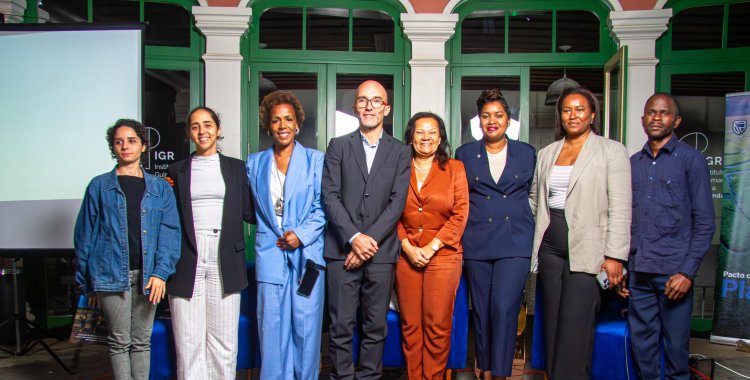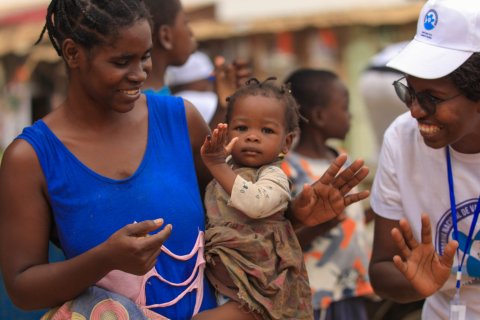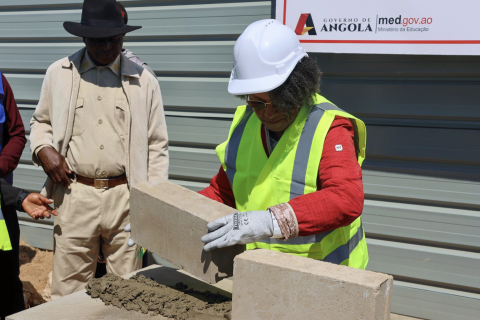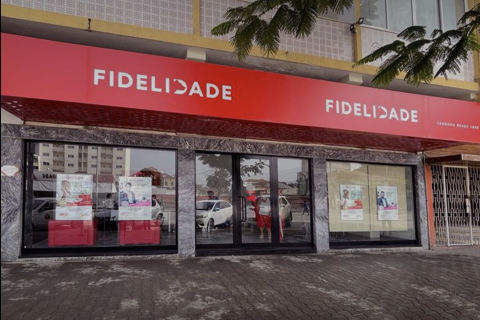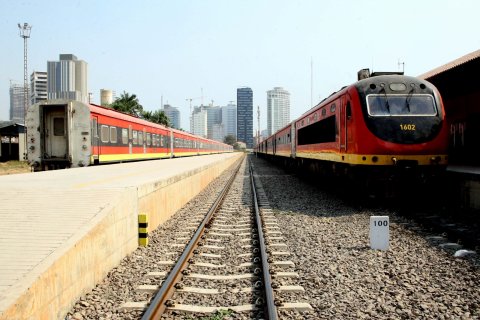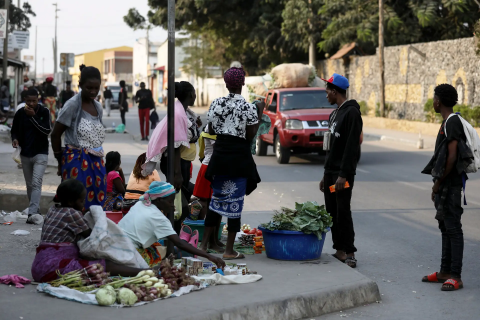"Today, we have an estimated coverage of 56 percent. And the question that remains is: if the water sector is so important, how come we still only have this coverage? Angola is a large country, where population density is growing rapidly, and I think that whether in the water sector, the energy sector, or other sectors, it's difficult to have coverage that keeps pace with population growth. We are, of course, doing our best and seeking funding so we can improve the country's water supply," said National Water Director Elsa Ramos.
For Alban Nouvellon, one of the major challenges faced in Angola is "the operationalization and maintenance of existing systems." "We face a major challenge in maintaining the investments we've made. An investment that isn't working or isn't delivering 100 percent of its capacity is a major challenge. Another challenge is the fact that we have a portion of the population without access to infrastructure. This means we can't focus solely on repairing the systems we have, as that means those who don't yet have access to these systems will face a much longer delay," stated the Chief of UNICEF's Water, Sanitation, and Hygiene Section.
Also regarding the maintenance of existing infrastructure, Elsa Ramos emphasized that one of the main challenges is the "lack of qualified staff and technicians." "We have very few staff dedicated to the water sector. In terms of universities in Angola, this hydraulic area and the training of resources in this sector are practically non-existent," said the National Director of Water, who took the opportunity to praise the long-standing partnership with UNICEF in terms of funding and resource availability.
Along the same lines, Alban Nouvellon argued that institutional partnerships and collaborations, as well as coordination at the national, provincial, and municipal levels, are "fundamental." "Besides the importance of information — how much infrastructure we have, how many people need that infrastructure, among other aspects — coordination within the sector is also crucial. We currently have the National Water and Sanitation Forum, a multi-stakeholder platform at the national level, specifically for discussing the sector's needs. It's a great space, but we must also consider other forms of collaboration and partnerships, particularly between the public and private sectors."
For both officials, the solution must also involve the involvement of local communities. "We need these communities, as they are the users. Through municipalities, provincial governments, and partners who want to help, we must reach out to the communities, talk to them, understand their reality and their real needs, in order to find a solution that truly meets those needs. Furthermore, we must also involve and educate the population. It's unlikely that a person will go from having no water system to understanding an entire water system in just a few months. This sensitivity and inclusion are necessary in projects, so that we can also contribute to this development and community empowerment," stated Alban Nouvellon.
The '60min ECO' project's mission is to promote and moderate dialogue on various environmental, social, and sustainability issues, encourage active participation by stakeholders, so they can provide contributions to support a critical analysis of sustainability issues in Angola, and encourage values such as social responsibility, environmental justice, and respect for nature.
The promotion of '60min ECO', by the SBA Sustainability Department, is part of a set of initiatives, in various areas of activity (social, economic and environmental), to comprehensively integrate sustainability into the bank's culture, in its day-to-day operations and in its business, and reinforce the commitment to Angolan society.

